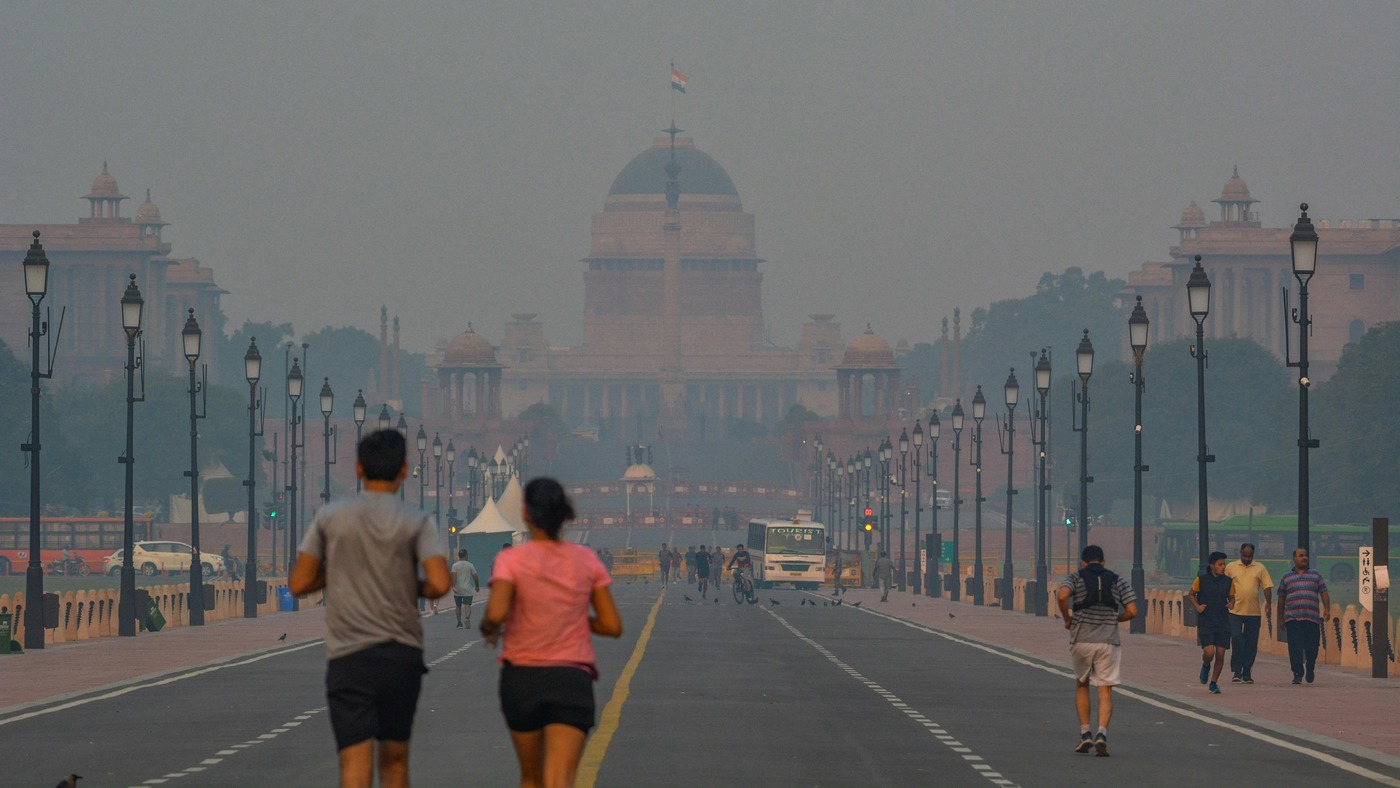Blog
Escape Delhi if you can afford it
As winter comes, India’s capital is blanketed in a thick, gray fog that covers the streets, blurs the buildings and, more importantly, seeps into your lungs. In recent days, the city’s average air quality index has dropped to the ‘Very Poor’ (301-400) category, signaling trouble for residents of Delhi, India.
One of the capital’s most respected lung specialists is now telling the public bluntly: if you can afford to go, you should. He especially urges people with chronic lung or heart disease to consider moving during the worst months of the smog season.
Top doctor advises Delhi residents to flee
In interview In an interview with The Indian Express, pulmonologist Gopi Chand Khilnani, president of the PSRI Institute of Pulmonary, Intensive Care and Sleep Medicine, revealed that the number of complaints of respiratory failure and related diseases has increased dramatically in recent days due to the deterioration of air quality in the Indian capital. Moreover, he noted that for patients with chronic obstructive pulmonary disease (COPD) or heart disease, the advice is clear: if you have the means, leaving Delhi for six to eight weeks during the peak smog season can help you avoid serious danger.
Dr. Khilnani emphasized that his concerns are primarily about the long-term damage that exposure causes. He noted that in his hospital practice, many patients who were constantly taking medications had suddenly deteriorated in recent days, with some requiring oxygen or even admission to intensive care units. Moreover, the harsh reality he presented was grim, as he said:
“My children and grandchildren have a choice whether they want to move, but I have never advised them to come to Delhi-NCR.”
Historically, smoking it was responsible for approximately 90% of COPD cases and 80% of lung cancer cases. However, currently in India, 50% of COPD cases are attributed to indoor and outdoor air pollution, and about 40% of lung cancer patients have never smoked. In addition to lungs, Dr. Khilnani pointed out that pollution has been linked to an increased incidence of heart attacks, strokes, high blood pressure, diabetes, and even more serious forms of autoimmune or rheumatological diseases.
What can people in Delhi do to protect themselves?
Not everyone has the opportunity to leave Delhi as the smog deepens. For those who remain, Dr. Khilnani says using a good quality air purifier in closed rooms can provide some relief. However, he warns that its effectiveness depends on the type of use and advises that the purifier must cover the entire volume of the room, face the user, operate continuously, and the room must remain airtight, otherwise its benefits will be nullified. He also noted that even the World Health Organization does not recognize air purifiers as a definitive health solution, yet they can help elderly patients or those with serious lung or heart disease.

